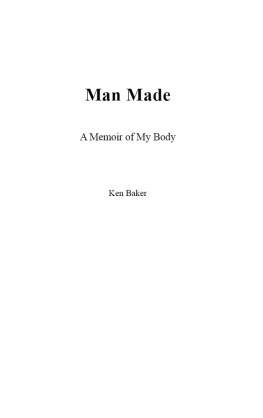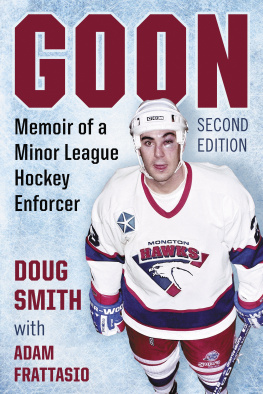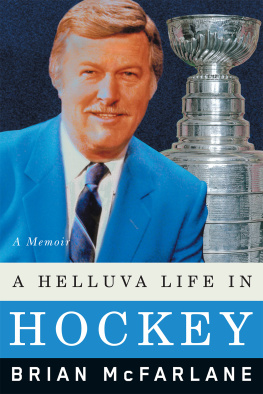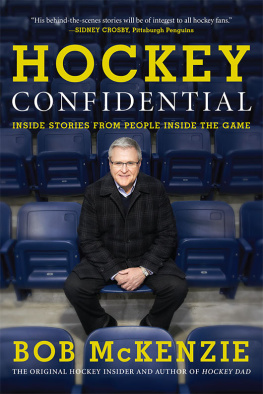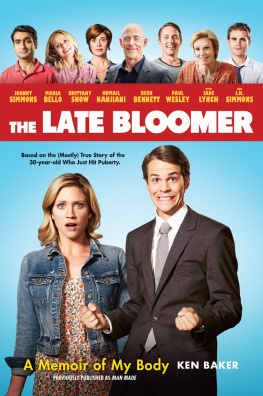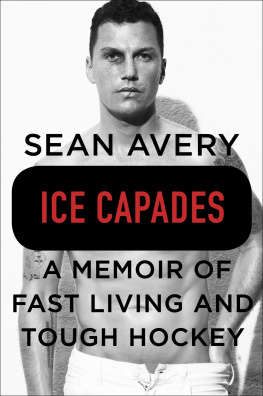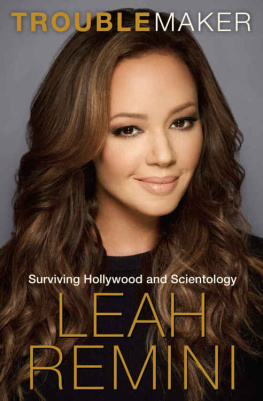Man Made
Man Made
A Memoir of My Body
Ken Baker
J EREMY P. T ARCHER P UTNAM
a member of Penguin Putnam, Inc.
New York
What follows is a true story. The names of certain characters have been changed in order to protect their privacy.
Jeremy P. Tarcher/Putnam
Published by the Penguin Group
Penguin Group (USA) LLC
375 Hudson Street
New York, New York 10014

USA * Canada * UK * Ireland * Australia
New Zealand * India * South Africa * China
penguin.com
A Penguin Random House Company
Copyright 2001 by Ken Baker
Penguin supports copyright. Copyright fuels creativity, encourages diverse voices, promotes free speech, and creates a vibrant culture. Thank you for buying an authorized edition of this book and for complying with copyright laws by not reproducing, scanning, or distributing any part of it in any form without permission. You are supporting writers and allowing Penguin to continue to publish books for every reader.
Library of Congress Cataloging-in-Publication Data
Baker, Ken, date.
Man made : a memoir of my body / Ken Baker.
p. cm.
ISBN: 978-1-101-65596-2
1. Men. 2. Masculinity. 3. Gender identity. 4. Sex role. I. Title.
HQ1090.B348 2001 00-050796
305.31dc21
F OR B ROOKE
P ROLACTIN : A H ORMONE THAT W OMEN S ECRETE TO P RODUCE B REAST M ILK .
P ROLACTIN L EVEL IN THE B LOOD OF AN A VERAGE M ALE = 10 NG / ML *
P ROLACTIN L EVEL OF A N URSING M OTHER = 200 NG / ML
A UTHOR S P ROLACTIN L EVEL ON O CTOBER 16, 1997 = 1,578 NG / ML
* ( NG = NANOGRAMS / ML = MILLILITER )

INTRODUCTION
My body was at war with itself, and on a summer morning in 1998 my brain surgeon brokered a peace agreement. While his steady hand removed a tumor from my brain, it could not halt the haunting, emasculating memories that came rushing forth as I lay recovering under the fluorescent glow of the hospitals intensive care unit. Those memories have allowed me, after spending my entire adult life trapped in a gender netherworld, to finally tell my story.
A little more than two years later, Im sitting in front of the computer in my home office. Reflected in a mirror across the room I see a thirty-year-old man from whose head a surgeon cut out a tumor as wide as a chestnut. Though a large tumor, the size wasnt so much the problem as the havoc the clump of cell tissue had been wreaking on my masculinity since I was about fifteen years old. As the tumor grew, my body was flooded with massive amounts of prolactin, a hormone that women secrete to produce breast milk but that men, who possess only trace amounts, dont need at all.
With too much prolactin, a mans testosterone level will plummet. As such, my sex drive diminished; my nipples grew sore and swollen, and they eventually started leaking a milky fluid; my poor muscle tone, from my abs to my legs to my arms, left me feeling soft, ill-defined; I had scant body and facial hair, whiskers that I needed to shave only once every couple months; I suffered near constant pain in my forehead and temples that sometimes forced me to conduct business calls while at home lying in bed with an ice pack on my head. On those rare, anxiety-filled occasions when I worked up the courage to get into bed with a woman, I could not achieve an erection, the single most cherished male bodily function.
I was so distraught by my deterioration that there were times I would rather have died than live another day as what I perceived as an inadequate, impotent, useless man. My erectile dysfunction (which, in the days before Viagra, I knew only as not being able to get it up) made me cower in the face of sexual expectations and performance pressures. I resented my traditional gender role: sexual aggressor, initiator and virile protector. The more physically attractive the woman, the more I loathed the thought of forcing myself to attempt sex with her. Self-denial and abstinence became my coping method.
In order to exist as a biochemically normal man today, I must take a prolactin-suppressing medicationin the form of a white pill resembling a Tic Tactwice a week, probably for the rest of my life. What will happen if I stop ingesting these tiny yet potent pills? The same hormonal demise I know too well.
Luckily, though, so far the medication is working, and I am a hormonally healthy man. And there are none of the signs of my diseasethe impotence, fatigue, depression, heightened emotional sensitivity, milky nipples, gender confusion, sexual performance anxiety, splitting headachesthat I experienced before I went under the knife. As a result, I am free of the shame and feelings of worthlessness that sexual dysfunction causes in men, and I no longer must carry the additional burden of inflicting the confusion, concern, guilt and self-doubt that my disease created for women I loved.

Ignorant of the prolactin-secreting invader growing three inches behind my eyes and a few centimeters from my brains speech and language center, I dealt with my struggle to be normal as I believed any real man should: I drew a line in the sand and waged a battleagainst an enemy that I mistakenly thought was my own psychological weakness. Blaming my self-regarded pussy-ass disposition on an imagined subconscious reaction to having been raised as an overachieving, hockey-playing son of a hypermacho father in upstate New York, I set out to conquer my sexual demons as a climber would Everest. Like many young men, I had been taught that ones manliness was gauged largely by his ability to overcome adversity. Dad, my brothers, my hockey coaches, the entire culture, passed this myth of manhood on to me. With enough strength and fortitude, so our cultures man-as-hero myth goes, I could be the fisherman in Hemingways Old Man and the Sea, becoming better through surviving lifes hardships; the Jack London character braving subzero temperatures in the northern woods; or the apostle Paul my Sunday school teachers talked about, who walked hundreds of miles to spread the good news of eternal life through faith in that model man, Jesus Christ. Along with the direct influence of my parents, these charactersand the countless other images of manhood in stories and the popular culturehelped form my idea that manhood means strength, manhood means stoicism, manhood means overcoming hardship and destroying the enemy.
But what should a man do when that enemy is his own body, inside of which hormones are making such manly behavior increasingly difficult to act out?
Sadly, I refused to acknowledge that I was in a fight that I couldnt win alone, that I couldnt survive without revealing my pain to someone else. And throughout my decline I lost more than sexual function. As a teenager I was a top-ranked goaltender in the United States Olympic ice hockey program. Reared in a large working-class family outside of Buffalo where men were consumed by the macho world of beer, chicks and hockey, I was a young man whose success and happiness in life had always depended almost entirely on his bodys athletic ability. I eventually fell out of love not only with hockey but with the macho culture in which I was raised. I came to feel alienated from the manhood that society had defined for me and groped helplessly to find comfort in my male identity. No matter how influential my macho

